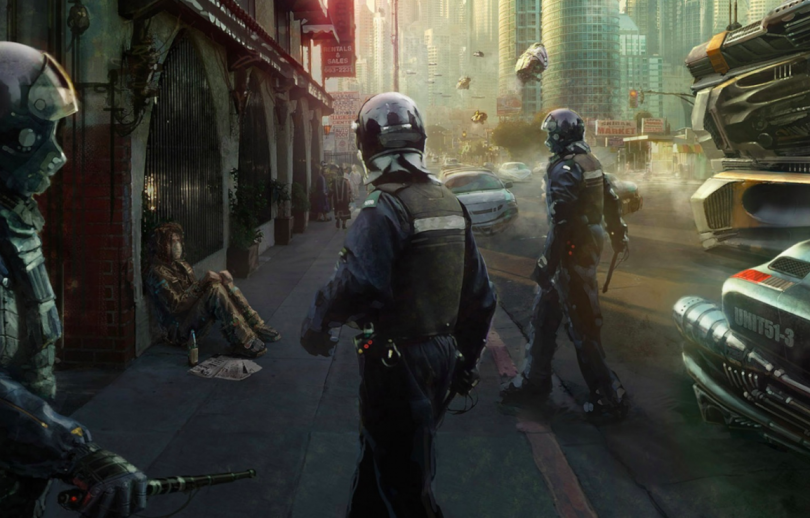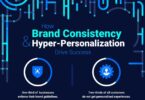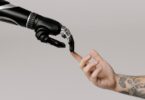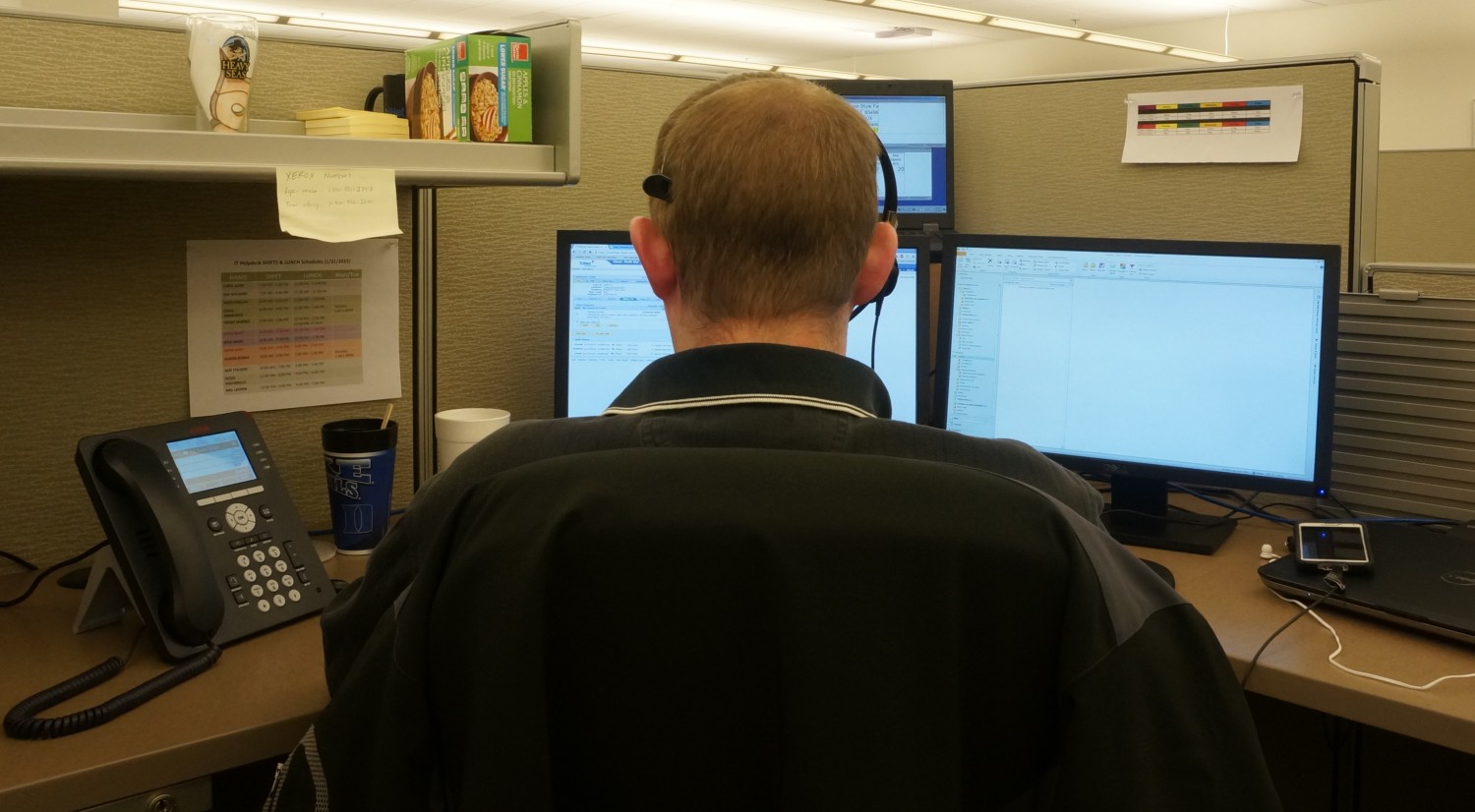aNewDomain — Are we responsible? Those of us in tech, I mean.
— Are we responsible? Those of us in tech, I mean.
I know it’s a vague question. It’s also a dumb one and it’s getting stupider every time we have to ask it. That’s my point.
Consider, if you can stand it, Mark Zuckerberg. Not too long ago, a reporter asked the Facebook founder if he had begun to grasp how his social network impacted the 2016 election, what with the ad network, Russian misinformation and ultra-focused Trump campaign drill-downs.
Tonight on CBS’ Sixty Minutes, Trump’s digital director Brad Parscale made it official. The campaign, he said, spent the bulk of its online ad budget on Facebook. It tested 50K ad variations a day in an all out micro-targeting effort. “Twitter is how he (Trump) talked to the people, ” said Parscale. “Twitter (was supposed to be) how he talked to the people .. (but) Facebook was going to be how he won.”
But Zuckerberg after the election laughed at the idea that Facebook might have impacted the election in any way. And now he’s saying, well, maybe, but shucks, I wonder how that happened.
Does Zuckerberg get it now? He always got it, of course. First he played dumb. Now he’s playing dumber. And why? Well, to avoid responsibility. “I didn’t know?”
Good God.
New York Magazine’s Max Read matched a surreal answer with another surreal answer. He wrote:
Maybe Facebook is a surveillance state and Zuckerberg a dictator undertaking a propaganda tour. Maybe Facebook is a dual power — a network overlaid across the U.S., parallel to and in competition with the government to fulfill civic functions (with) Zuckerberg … securing his command. Maybe Facebook is border control between the analog and the digital and Zuckerberg is inspecting one side for holes,” he writes. And then:
“Maybe Facebook is a fleet of alien spaceships that have colonized the globe and Zuckerberg is the viceroy trying to win over his new subjects …”
I’ll make the same point but in less trippy terms: Zuckerberg barely apologizes and definitely takes no responsibility for not knowing, or pretending not to know, the nature of what he created and what he is charged with running.
It’s not just Zuck. Look around. This problem is pervasive. And what happens when we’re not talking politics, but the serious, weighty issues that the coming AI revolution will force us to face?
Are the executives going to suddenly start thinking about what it all means, and plan for all scenarios?
That’s the beauty of shrugging off all responsibility, don’t you know? You don’t have to worry about something like that.
Zuckerberg’s “What me, worry?” gag is going to be awfully scary when we’re talking about the giant disruption to come, the one that makes the Internet age look like a Lotus 1-2-3 decimal upgrade.
Like pharmaceuticals, there are some things that shouldn’t be left to unregulated free markets to sort out.
Don’t happy, be worry
Do we really understand the various outcomes, probably and not, that AI poses?
Maybe the robot ethicists do. But the business people who guide things economically, and thus policy-wise, do they understand?
Do they even bother to think about it?
Nope. Why not?
Well, isn’t it obvious? IT’s for the same reason your children don’t worry about the car payments.
I know, it’s easy to look around and get all excited about the autonomous cars, roboservants, AI helpers and flying cars that seem to be in our very near future.
If you’re a child.
And we are children, in many ways. Not just Zuck and his cohort, but all of us working in tech and all of us consuming it. We want that toy. It’s shiny! Can’t wait for autonomous flying cars! Like the Jetsons! Whoo-whee.
Air traffic policies, licensing, safety regulations, security guidelines. Oh, man. That’s boring. We can’t think of anything or say anything that might delay our toys or jeopardize their delivery to us, who can’t wait to play.
The tech revolution has aged us all, yes, but in reverse. We’re selfish and greedy and all about denial and blame and sneakiness.
What’s worse is we’ve lost perspective.
This from the philosopher Gunther Anders:
We are ashamed that we are not as perfect as an iPhone. Ashamed that we not as perfect as the machinery and gadgets that surround us. Apparently we should have been made … not born.”
And then there’s Google. Do no harm or whatever outside, it is not always the shining house on the hill and a force for goodness. That said, it’s sheer wealth affords it the luxury of honest self-appraisal.
So I listen when Google CEO Sundar Pichai says, “I don’t know whether humans want to change that fast … we rush sometimes and can misfire.”
He is only half right. Humans don’t want to change quickly, true. But really, they don’t want to change at all. But boy oh boy, do they want tech to change — at a breakneck pace.
They want it to change so fast they’re breathless, like Christmas and Hanukhah every day.
Every day a new pleasure.
And yes, as Pichai notes, the rush causes “misfirings.” (What an understatement). Misfirings are mistakes, but what if the misfire aims at us, takes us out while we gawk. And by take us out I don’t mean extinct us in the way Tesla’s Elon Musk keeps dramatically saying.
I mean it could take away some of our humanity, or at least what’s left after the Industrial Age and the Information Age and now, now this … the age of robotics.
And I don’t mean AI will strip us of those things. It’s the lack of responsibility that is our enemy. Because that means there’s no forethought. So we’re just hanging and waiting.
Moral drones, anyone?
I read a story the other day about how the United States Navy is spending six million dollars to create moral robots.
They’ll still kill people — those bad people — those people some other people told us are their enemies. But they are going to try to avoid hitting children, old ladies, hospitals.
Never mind Trump’s insistence during the election that to combat our enemies we should capture and torture their wives and children, too. That’s important, but it’s not the point.
If we are going to rely on the American Navy to find our moral compasses, then we’ve already lost.
Don’t expect that some obscure agency of government has been studying new technologies. That task used to fall to the Office of Technology Assessment, but Newt Gingrich closed it as soon as the Republicans took over Congress in 1995. Its “colossal” $21 million budget could be best used elsewhere, especially given the belief that a free market magically sorts things out.
What has we lost? What will we lose? Hard to say. But it will be obvious soon enough.
And even when it is, the Zucks of the world will downplay it. What? We didn’t know. Whoa. And how could we have known? Oh, man. But he did it, too …
After working feverishly to build the world’s first atomic bomb, physicist J. Robert Oppenheimer suddenly had second thoughts as he watched the first bomb explode – thinking to himself of words from the “Bhagavad Gita”: Now I am become Death, the destroyer of worlds.” But the bomb was built, and we’ve since built thousands of them.
I’d like to say that this is all a terrible, unthinkable tragedy, or that it might be shaping up to be one.
But let me put it in a style and attitude that Zuck might get: Bummer.
For aNewDomain, I’m David Michaelis.
Cover image: Fansshare.com, All Rights Reserved.












